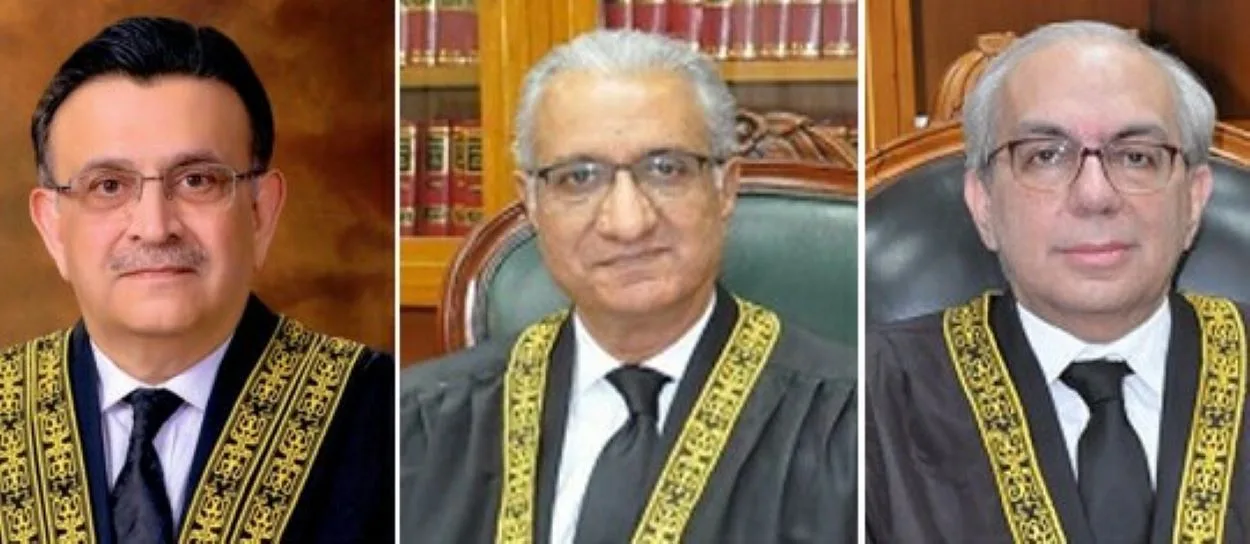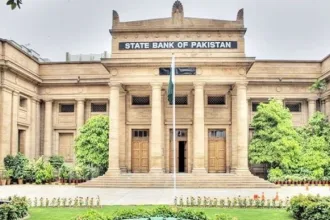The Supreme Court of Pakistan rejected the defense ministry’s plea to hold general elections across the country simultaneously once the terms of the national and provincial assemblies in Sindh and Balochistan are completed.
The petition’s three-judge bench hearing was composed of Chief Justice of Pakistan Umar Ata Bandial, Justice Ijazul Ahsan, and Justice Munib Akhtar.
In their application, the defense ministry asked the Supreme Court to direct general elections for the national and all provincial assemblies to be held on the same date. They argued that the heightened security situation in the country necessitated simultaneous elections, allowing the armed forces to be available for election duties by early October.
According to the ministry’s report, holding elections twice within six months would not be logistically feasible due to the ongoing counter-terrorism operations in Khyber Pakhtunkhwa and Balochistan and intelligence-based operations in Punjab and Sindh.
During the hearing, the court highlighted that elections had taken place in the past despite the country facing terrorism since 1992. They questioned what new dangers would prevent holding elections now.
The attorney general responded that security forces performed their duties simultaneously in the past, while now, elections would occur in two provinces separately. The court asked for guarantees that the situation would improve by October 8, the date cited by the defense ministry.
The court also discussed Article 245 of the Constitution, which allows the armed forces to act to aid civil power when called upon. They questioned the government’s reluctance to exercise these powers in the current situation. In response, the attorney general stated that fundamental rights would be suspended under Article 245.
Ultimately, the Supreme Court dismissed the defense ministry’s plea as inadmissible and called on senior political leaders to appear at a hearing the following day to discuss the matter further. The court warned the government of “serious consequences” if it failed to release the necessary funds for conducting elections in Punjab and Khyber Pakhtunkhwa.
The chief justice noted that the court had already set May 14 as the election date and would implement the order if political consensus were achieved.






